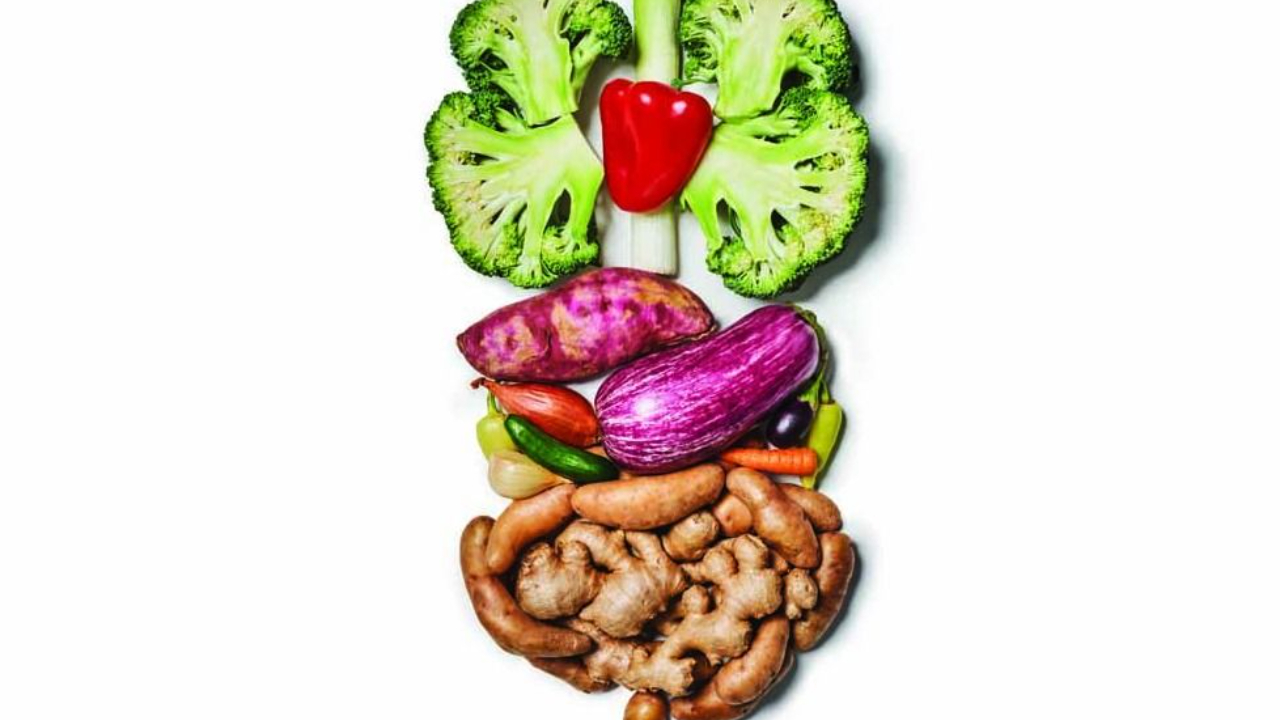What the Flip are FODMAPs?
May 16, 2022
The low FODMAP has been gaining a lot of media attention in the last few years, particularly for its use in the management of symptoms amongst those experiencing IBS. Is it really worth the hype? Here are some answers to some commonly asked questions about FODMAPs and its relation to IBS.
What are FODMAPs?
FODMAPs are a group of short-chain carbohydrates (sugars) that are not easily digested and absorbed. After passing through your stomach, they reach the small intestine. Here they pass through slowly, drawing in excess water. Once they reach the large intestine, they are rapidly fermented by our gut’s bacteria and as a result, produce gas. This excessive gas and water, cause the intestinal walls to stretch and expand, causing feelings of pain and discomfort.
Where are FODMAPs found?
FODMAPs are naturally present in many foods - including very healthy foods, and food additives. Foods are generally classified as high FODMAP or low FODMAP. Some common foods classified as high FODMAP are onion, garlic, apple, dried fruit, cow’s milk - the list is extensive and can be quite overwhelming, particularly to those who are new to a low FODMAP diet.
The Monash University FODMAP app is a great resource to have on hand if you need clarification around FODMAP containing foods. You can also find products in stores that are labelled with the low FODMAP certified symbol.
How do FODMAPs affect IBS?
Individuals without IBS are suspected to share similar physiological reactions to FODMAPs. However, the hypersensitivity of an IBS gut may cause the generation of symptoms. These symptoms; pain, discomfort, bloating, excessive gas and changes in bowel habits, are often exaggerated in IBS sufferers and further compound those already existing feelings of embarrassment and discomfort.
Should I follow a low FODMAP diet?
It’s important to remember that the low FODMAP diet was designed for people with medically diagnosed IBS, with significant research to suggest that low FODMAP diets have benefits for IBS sufferers. There has been improvement shown in IBS related symptoms in 3 out of 4 people following a low FODMAP diet. Despite improvements in symptoms, a low FODMAP diet is not a cure – but it does help people live more comfortably.
How do I eat low FODMAP?
The Monash University low FODMAP diet has been designed to include three phases – elimination, reintroduction and personalisation. The strict elimination phase is typically four to eight weeks that excludes all high FODMAP foods to determine if symptoms are specifically related. The reintroduction phase involves the gradual reintroduction of high FODMAP foods to determine tolerance and identify specific trigger foods. The length of this phase can be tailored specifically to the individual. The personalisation phase is the continued intake of well tolerated foods, and restriction of trigger foods, in way that is maintainable long term.
There are concerns that the strict restriction phase may lead to nutrient deficiencies however, this phase is only designed to be short and sweet – the long-term, ‘personalised’ FODMAP diet is believed to be nutritionally adequate.
It is important that if you do decide to follow a low FODMAP diet that you do it with the support and guidance from a dietitian with FODMAP experience.
Do I need to eat low FODMAP forever?
A low FODMAP diet doesn’t necessary mean you can’t consume any FODMAP containing foods. The goal outcome of following the three-phase FODMAP diet is to continue to eat foods that are able to be tolerated well and restrict foods that trigger symptoms. However, these trigger foods can change over time. It is up to the individual whether they decide to re-introduce trigger foods. A dietitian can provide guidance regarding this.
Reference list:
1. Monash University. FODMAPs and Irritable Bowel Syndrome [Internet]. 2019. Available from: https://www.monashfodmap.com/about-fodmap-and-ibs/
2. Rej A et al. The role of diet in irritable bowel syndrome: implications for dietary advice. J. Intern. Med. 2019; 286(5): 490-502. doi: 10.1111/joim.12966.
3. Werland M.E., Palmer W.C., Lacy B.E. Irritable Bowel Syndrome and Dietary Interventions. Gastroenterol Hepatol. 2019; 15(1): 16-26.
4. Dr Megan Rossi. FODMAPs: What are they and who should avoid them? 2019. Available from: https://www.theguthealthdoctor.com/all-articles/fodmap-what-are-they-should-you-avoid


